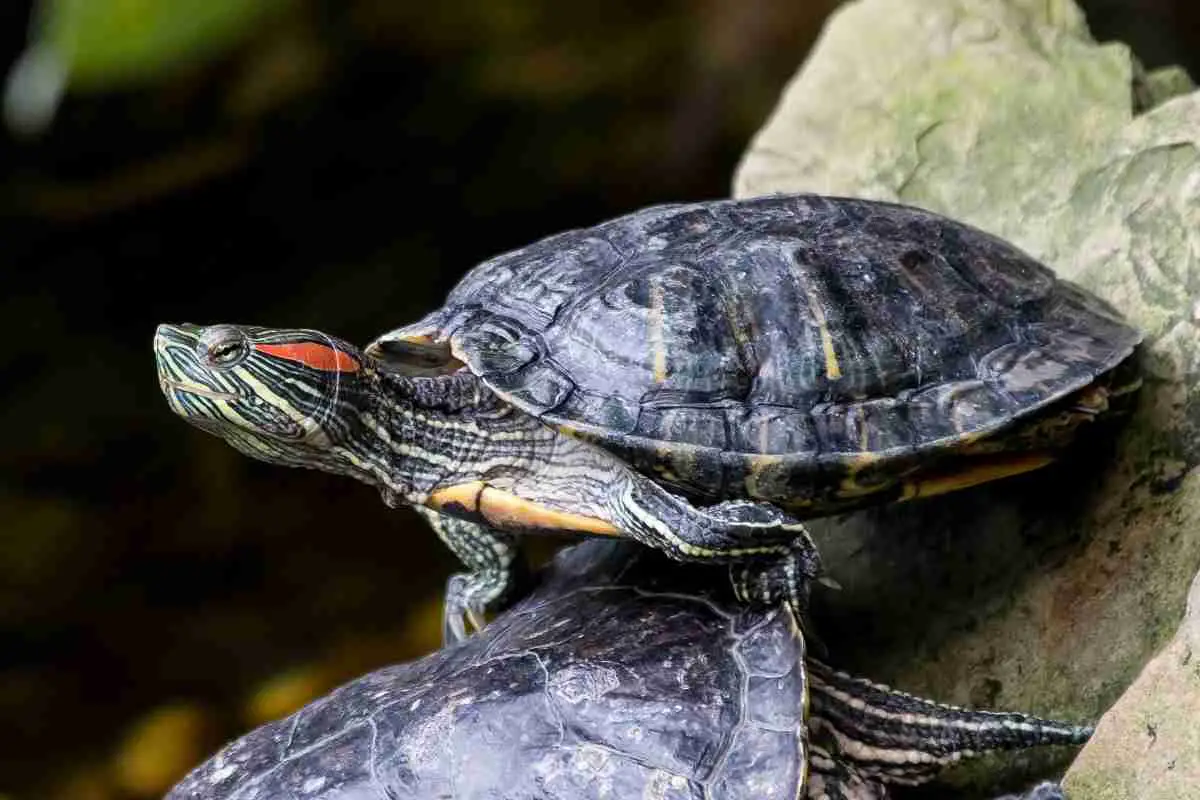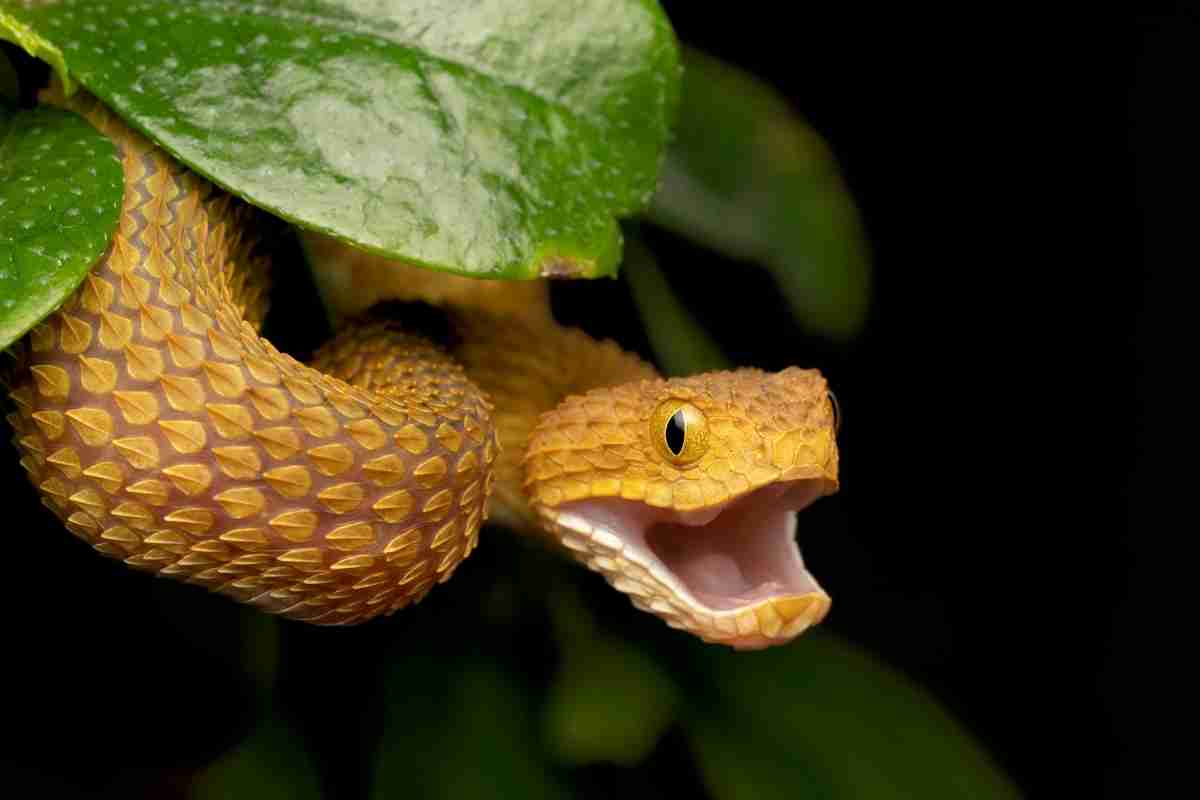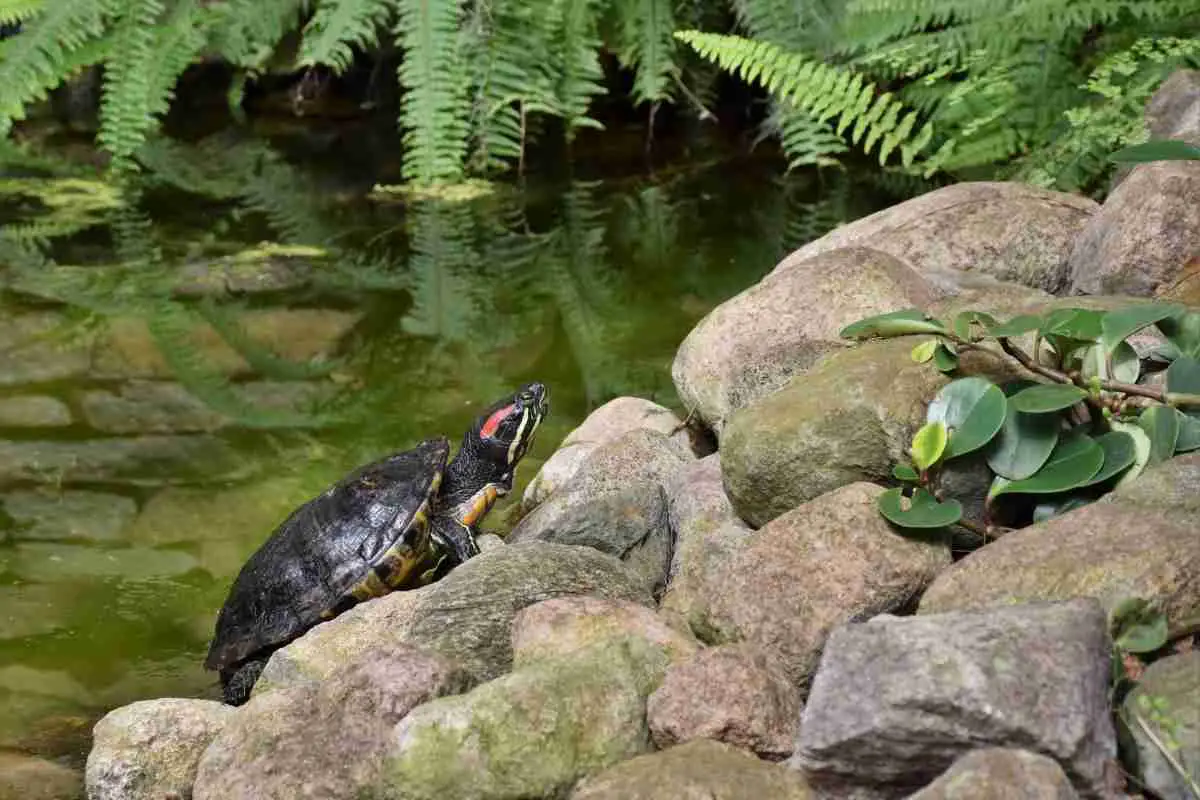Red-eared sliders are species of turtles and can make great pets for people of all ages. However, it is essential to focus on their diet to maintain their overall health and wellbeing.
Red-eared sliders can eat both insects and vegetables. But, many reptile owners want to know can red-eared sliders eat carrots?
Yes, they can, in fact, Carrots are one of the healthiest choices for red-eared sliders. They are a rich source of vitamins and minerals, making them a delicious treat for your pet turtle.
The great thing about carrots is they are inexpensive and are readily available on the market. Not only that, but you can easily prepare carrots and feed them to your red-eared slider in no time at all.
Some people say you should purchase small individual packs of carrots because they are already prepared and ready to go! “but” if you prefer to prepare them yourself then the normals one will do just fine.
Can Baby Red Eared Sliders Eat Carrots?
Baby red eared sliders have a slightly different diet than the adults and are mostly fed with a carnivorous diet because they need a boost in proteins for their optimal growth and development.
They can still eat carrots, however, you should feed them in moderation as vegetables should only make 25-30% of their diet.
If you want to give your baby red-eared slider carrots you should shred them so they are easier for them to eat.
Remember, food variation is always a good idea to maintain a healthy balance, and that way, your baby slider won’t be deprived of other essential vitamins they require.
Can Red Eared Sliders Eat Carrot Skins?
Now, there are no reports of red-eared sliders eating carrot skins, however, at the same time, there is no research evidence that says you can’t give your slider carrot skins.
So what does this mean? Well, it really depends on you whether you want to give your slider an unpeeled carrot or a peeled one.
It’s best to say you can feed your red-eared slider carrot skins since they are easily digestible and nutritious. Not only that “but” carrot skins contain a lot of healthy nutrients that can benefit their overall metabolism.
There was a research study conducted by Tufts University that highlights carrots’ skins contain some healthy nutrients, such as vitamin C and niacin.
If you want to give your red-eared slider carrots skin, go ahead. Carrots’ skins are nutritious and safe for your pet slider.
The carrot’s skin also contains other nutrients, such as vitamin A and beta-carotene. It’s suggested you should feed your slider carrots’ skins in moderation.
The reason is that most of the nutrients are in the inner core of the carrot.
Xylem is the carrot’s inner core and contains various nutrients, including potassium, magnesium, phosphorus, and calcium. Therefore, you can give your slider pet both peeled and unpeeled carrots.
Related Article:
Can Red Eared Sliders Eat Cooked Carrots?
Many people give their red-eared sliders raw carrots rather than cooked carrots. This is Because raw carrots are tasty and crunchy to the turtle and provide higher nutritional value compared to cooked carrots.
In general, red-eared sliders can eat both raw and cooked carrots but if your slider for some reason doesn’t like to eat raw carrots, try to give it cooked carrots instead.
Related Article:
Can Red Eared Sliders Eat Carrot Leaves?
Some carrot leaves are also bitter like the carrot tops, and most people associate bitterness with toxicity. However, the leaves are edible so, your slider can eat carrot leaves.
Your red-eared slider should eat carrot leaves in moderation. “But” be careful when giving your baby red-eared slider carrot leaves as it requires more proteinaceous food than a plant-based diet.
As mentioned above, you should maintain a well-balanced diet. Besides carrot leaves, you can give your slider leafy greens, such as kale, dandelion, mustard, bok choy, collard, and other greens.
The important thing is to choose veggies that have appropriate calcium to phosphorus levels. Shred the vegetable properly before you feed your red-eared slider carrot leaves.
That way, your slider won’t have any problems digesting the leaves.
Can Red Eared Sliders Eat Carrot Tops?
Carrot tops also provide some nutritional value to your red-eared slider. So, yes, your slider can eat carrot tops. The tops are also a great alternative to most leafy green vegetables.
The tops have a bitter flavor, so you can combine them with other leafy greens to balance the taste. If your slider eats the tops, continue feeding it this part of the carrot more often.
If your pet refuses to eat the tops, it might be due to the bitter taste. There is a need for thorough research because most owners want to know about carrots’ efficacy for their red-eared sliders.
Carrots’ tops contain nutrients, like vitamin C, calcium, potassium, and phytonutrients. The exciting thing is that the carrot’s tops contain six times more vitamin C than the roots.
theguardian.com
If you do feed the carrot tops to your slider make sure you wash the tops thoroughly this is because the heads can contain loose soil, which makes the tops gritty.
It’s also recommended that you purchase organically grown carrots as they are free from pesticides, insecticides, and other microbes.
Related Article:
How Do You Feed Red Eared Slider Carrots?
Turtles are often fed carrots because, like many reptiles, they enjoy munching on vegetation. While this is a great way to get them some extra vitamins and minerals, it’s important that you feed your turtle enough other foods so he or she doesn’t become malnourished.
If you do choose to give your red-eared slider carrots make sure mixed with other vegetables or fruit in order to balance out their diet.
Run The Carrots Under Cold Water
First, you need to buy fresh carrots from the vegetable market. Bring the carrots home and run them under cold water to remove dirt, dust, germs, and chemicals.
If you want to feed your red-eared sliders carrot skin, then cut off the carrot’s top and bottom tips and use a vegetable peeler to remove the skin.
Slice The Carrots
You can use a kitchen knife if you don’t have the peeler. Be careful while peeling the carrot skin with a knife. Avoid taking too much of the inner core with the peeling.
Use a grater to shred the carrots if you’re feeding them to a baby slider. However, if it’s an adult then you can feed a few pieces that are sliced. You can also give them baby carrots whole if you prefer.
If your slider gobbles up the pieces at every feeding, you can increase the portion with a few more pieces of carrot.
Related Article:
(The video is taken from the youtube channel The Fish Whisperer)
Carrots Nutritional Value
Red-eared sliders have a diet very similar to the yellow belly slider and can eat veggies like parsnip, and carrots to maintain good health. Carrots are a rich source of vitamin A, magnesium, potassium, and biotin.
Lack of vitamin A can cause a wide range of diseases and reduce your red-eared slider’s quality of life.
Vitamin A is associated with improved vision and eye health. Because carrots contain higher vitamin A levels, they can stabilize and improve your red-eared slider vision.
In contrast, a lack of vitamin A will lead to loss of vision in red-eared sliders.
The common symptoms include red, swollen, and puffy eyes. In that case, you must take your red-eared slider to the veterinarian for treatment.
If you ask the Vet, he or she will tell you that the lack of vitamin A is the main reason behind this condition “hypovitaminosis.”
Nutrients In Carrots Per 100g
| Nutrients In Carrots | Per 100g |
|---|---|
| Vitamin A | 835 |
| Vitamin C | 5.9 mg |
| Vitamin E | 0.661 mg |
| Thiamine | 0.067 mg |
| Pantothenic acid | 0.274 mg |
| Riboflavin | 0.059 mg |
| Choline | 8.8 mg |
| Niacin | 0.982 mg |
| Potassium | 321 mg |
| Magnesium | 12 mg |
| Manganese | 0.142 mg |
| Calcium | 33 mg |
| Zinc | 0.24 mg |
| Protein | 0.93 g |
| Iron | 0.3 mg |
| Fat | 0.25 g |
| Carbohydrates | 9.57 g |
| Arginine | 0.091g |
| Glycine | 0.047g |
| Energy | 41 kcal |
Carbohydrates
In general, carbohydrates provide a significant amount of energy to turtles. Carbs are present in a variety of food items, including vegetables. Carrots are mainly composed of carbohydrates and water.
Carbohydrates contain both starch and sugars. Glucose and sucrose are the main sugars found in carrots. Carrots are a rich fiber source, and a medium-sized carrot (60-70g) provides 2-2.5g fiber.
Carrots have a lower glycemic index, which does not increase blood sugar levels. On the other hand, they do provide a lot of energy to your red-eared sliders. Raw carrots have a lower glycemic index than cooked ones.
Fiber
Fiber, in general, is a nutrient found in vegetables and fruits. The natural diet of most turtle species is high in fiber. Although it is essential for turtles’ health, an excessive amount of fiber intake can cause swelling of the digestive tract.
There are no established nutritional requirements for fiber in different species of turtles, including red-eared sliders.
Carrots contain a soluble fiber known as pectin that can lower blood sugar levels in the body and slow down the digestion or assimilation of starch and sugar.
A medium-sized carrot contains 1.7g of fiber, which is relatively a lower amount, meaning it won’t cause any digestive problems for your red-eared slider.
On the other hand, lignin, cellulose, and hemicellulose are insoluble fibers found in carrots. Research shows that insoluble fibers promote digestive health and reduce the risk of gastrointestinal conditions, like constipation.
Minerals
Beta carotene is an essential mineral found in carrots, which is converted into vitamin A by the body. As mentioned above, vitamin A and beta carotene help promote vision in red-eared sliders and boost the immune system.
Vitamin H, also known as biotin, can help metabolize protein and fats. Carrots are an excellent source of vitamin K1, which improves circulatory health and plays a key role in bone development.
A high protein diet and nitrogenous waste can cause renal failure in turtle species, although more research is needed on this subject.
The kidney removes nitrogenous wastes and maintains nutrients like potassium, sodium, and bicarbonates. Carrots are a good source of potassium and vitamin B6, a substance that can convert food into energy.
Carrots are also an excellent source of different antioxidants, such as alpha-carotene, lutein, lycopene, and anthocyanin. Alpha-carotene plays a crucial role in the body, and most often, it is converted into vitamin A.
As mentioned the benefits of vitamin A for red-eared sliders. Lutein is found in orange and yellow carrots and can improve vision. Lycopene is a useful antioxidant found in red carrots and can improve cardiovascular health.
Conclusion
So there you have it, if you own a red-eared slider then you know it’s safe to feed them carrots. However, if you have baby turtles make sure you shred the carrot so it’s easier for them to eat.
Also, make sure you don’t overfeed them carrots. As good as they are too many can have the opposite effect as your turtle requires other foods to have a healthy balanced diet.
You can try feeding them cooked carrots but if you notice that the turtle is not really showing any interest then this is a good sign that they don’t like it and you should refer back to raw carrots.
Related Article:




